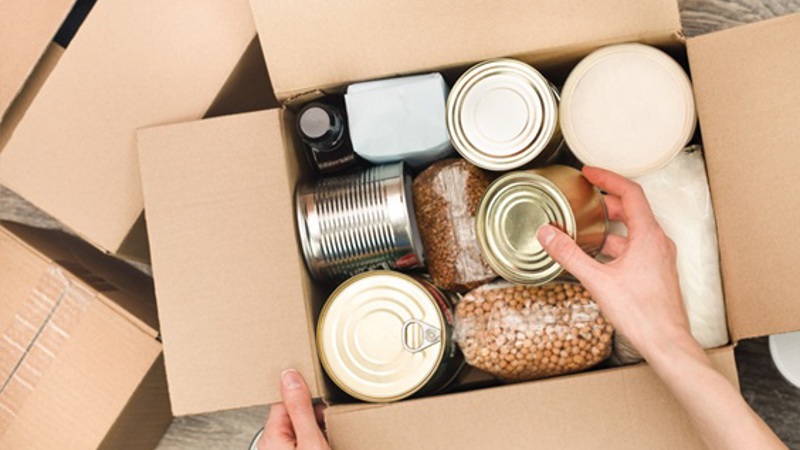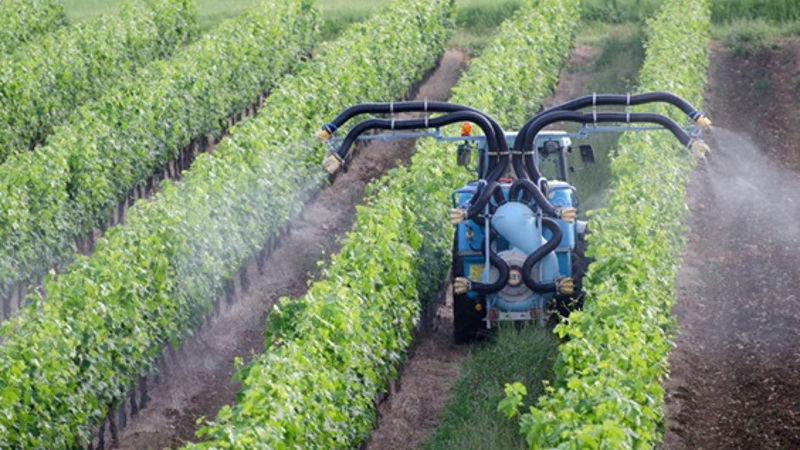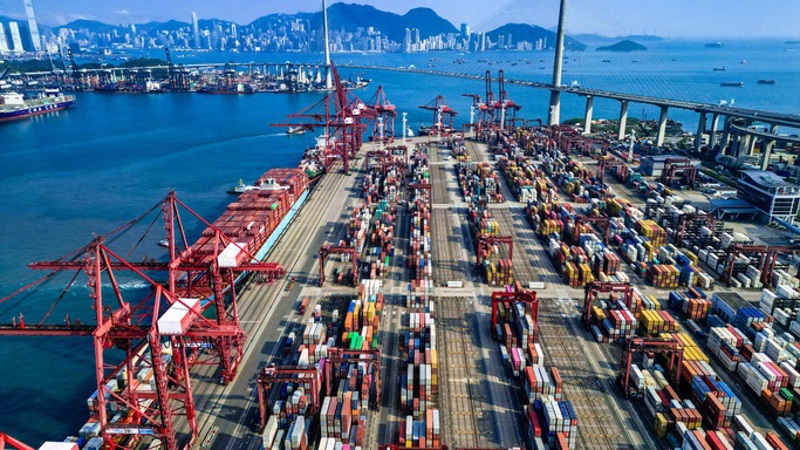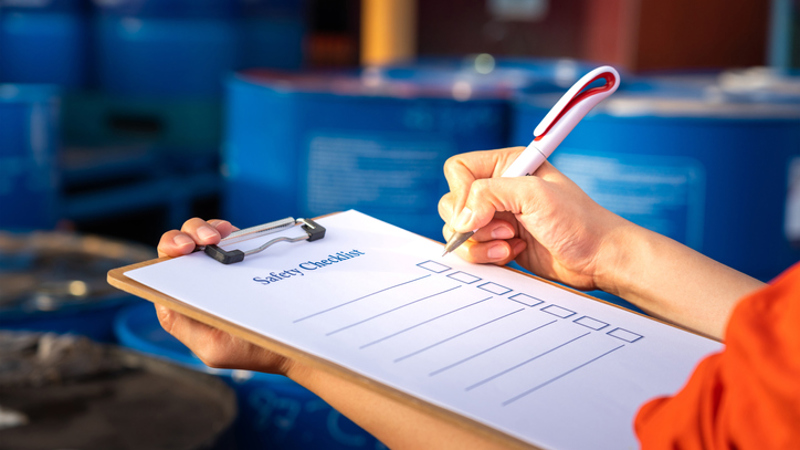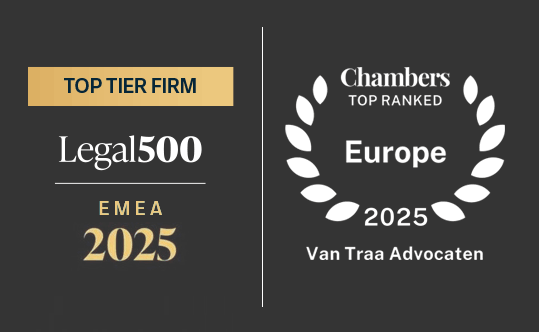Need for careful entry control (incoming goods inspection) in the food industry
June 2023
Introduction
For buyers of commodities for the food industry, it is very important to carry out a careful entry control. In the Netherlands, it is a core obligation of buyers to timely inspect the delivered goods. If buyers fail to do so, they run the risk of forfeiting their right to compensation in case of faulty delivery. This way, buyers limit the risk of placing harmful products on the market which could result in liability for damages and/or a possible recall.
The entry control is part of the duty to examine incoming goods under the Dutch Civil Code (DCC) and the Vienna Sales Convention (CISG). Parties can regulate the modalities of this duty in their contract and/or general terms and conditions.
Dutch case law repeatedly emphasizes the utility and necessity of conducting a proper entry control.
The entry control as part of the legal duty to examine the goods
It follows from Article 7:23 paragraph 1 DCC that buyers must examine the delivered goods (or have them examined) within the shortest time possible in the given circumstances. This obligation to examine the goods aims to protect sellers against complaints that are (too) late and difficult to refute. The extent of the entry control depends on several factors. This makes it difficult to give hard-and-fast rules for the entry control in the Netherlands. Relevant factors include the nature of the goods delivered, the detectability of the defect, the manner in which a defect becomes apparent and the seller's expertise. The buyer must carry out the inspection in a way that can reasonably be requested from him.
The CISG applies to international sales contracts if traders are based in states that are party to the convention and these traders have not contractually excluded the convention. More than 90 states are party to the CISG.
The CISG also lays down a duty to examine the goods (Article 38). The extent of the entry control again depends on factors such as the type of item delivered, the buyer's reasonable expectations and any rapid deterioration or processing of the items. International trade practices also play a role. In any case, the entry control should be such as to reveal (visible) defects that the buyer should discover upon inspection.
Dutch case law on entry control
The entry control plays an important role in a case before the Dutch district court in Noord-Holland.[1] A German buyer buys a large batch of herbs (marjoram) from a Dutch supplier. Subsequently, the buyer resells the herbs to a German customer. The customer processes the herbs in its end product (sausages). Later, metal particles are detected in the end product.
The German buyer, who sold the herbs on to the German customer, had not found any metal particles in the batch of herbs. This German reseller had used vertical metal detection. However, it is not clear from the judgment whether this metal detector was also properly adjusted. The horizontal metal detector commonly used in the industry was not available for entry control. The court rules that the German reseller had not (sufficiently) fulfilled its duty to examine the goods under Article 38 CISG. The presence of metal particles should have come to light during a proper inspection by the reseller. Even with vertical detection, the metal particles could easily have been detected, provided the detector was properly adjusted. Moreover, the reseller could have detected the metal particles with an optical inspection. The reseller is therefore not entitled to compensation from its supplier, the court rules.
The Arnhem-Leeuwarden court of appeal[2] recently ruled on the scope of the entry control related to selling organic compound feed for laying hens. This compound feed was supposed to be free of plant protection products - which were later found anyway. The court takes into consideration the fact that seller De Eendracht had QS, GMP+ and KAT certification. The usages of De Eendracht and its own supplier in their long-term trading relationship bring about that De Eendracht is only required to investigate the presence of these plant protection products in the compound feed in case of doubt. The court finds that also in the relationship between De Eendracht and its customer Raiffeisenbank, as part of the commercial chain, there is no obligation for Raiffeisenbank to carry out an inspection by a laboratory examination, without there being a concrete indication of this specific contamination of the compound feed. The reliance on an alleged violation of the duty to examine and complain is therefore unsuccessful.
Substance of the complaint
When discovering defects, buyers must make a sufficiently specific complaint. This follows, for example, from an interesting case from the Den Bosch court of appeal where the buyer complains that a delivery of Used Cooking Oil contains excessive percentages of fatty acids.[3] The buyer claims to have complained about this first by telephone and then by email. There is no evidence for the telephone complaint. The written complaints do mention anomalous parameters, but these do not relate to the excessive percentages of fatty acids. The buyer's claim is rejected due to non-compliance with the duty to complain under Article 39 CISG. In short: in Dutch practice complaining (in writing) alone is not enough. The seller must be able to form an opinion about the defect. He must be able to take any follow-up steps, according to the court. This could include reporting to insurers, appointing an expert, holding his supplier liable, etcetera.
Contractual arrangements
It is advisable to lay down in writing the scope of the entry control and the required complaint in the purchase contract or confirmation of purchase. This can be done, for example, by laying down a deadline which determines when inspections must be done and on which specific parameters. Often, this is not explicitly laid down in the contract itself but is included in general terms and conditions. In that case, inclusion of the general terms and conditions must have been properly agreed between the parties. Usually, it is also required that the other party takes notice of the general terms and conditions, at least under the CISG.
Public law regulations
Buyers should further be aware of any public law regulations. For instance, the Netherlands Food and Consumer Product Safety Authority (NVWA) inspects shipments from non-EU sellers to EU buyers. If the NVWA finds an unauthorized deviation, it will issue a 'notice of official detention' (bericht tot officiële inbewaringneming). Depending on the nature and severity of the deviation, buyers must (i) destroy the consignment, (ii) return it to the country of origin or (iii) repackage/re-label it.[4] The objection period is generally 60 days, after which the NVWA notice must have been implemented.
In practice, it happens that buyers timely complain to sellers about defects, but then lose sight of the NVWA objection period. Any contractual agreements between buyers and sellers are then irrelevant. For example, the parties may have agreed that the buyer will return the shipment in case of defects and the seller will redeliver. However, if the NVWA orders destruction of the consignment, problems may arise if that consignment has already been returned to the seller. It is therefore recommended to keep an eye on the NVWA's fatal deadlines and formally object in good time where necessary.
Conclusion
In the Netherlands, the utility and necessity of carrying out a careful and practice-based entry control cannot be underestimated. Buyers can tailor the modalities - possibly contractually and/or through general terms and conditions - depending on the type of goods and trade customs. Discovery of a defect requires making a sufficiently specific complaint in a timely manner. Here, public law regulations and instructions from the NVWA can play a role.
[1] Rb. Noord-Holland 2 May 2018, ECLI:NL:RBNHO:2018:4286.
[2] Arnhem-Leeuwarden Court of Appeal 21 March 2023, ECLI:NL:GHARL:2023:2514.
[3] Court of Appeal of 's-Hertogenbosch 14 May 2019, ECLI:NL:GHSHE:2019:1812.
[4] Articles 66 and 67 Regulation (EU) 2017/625.




